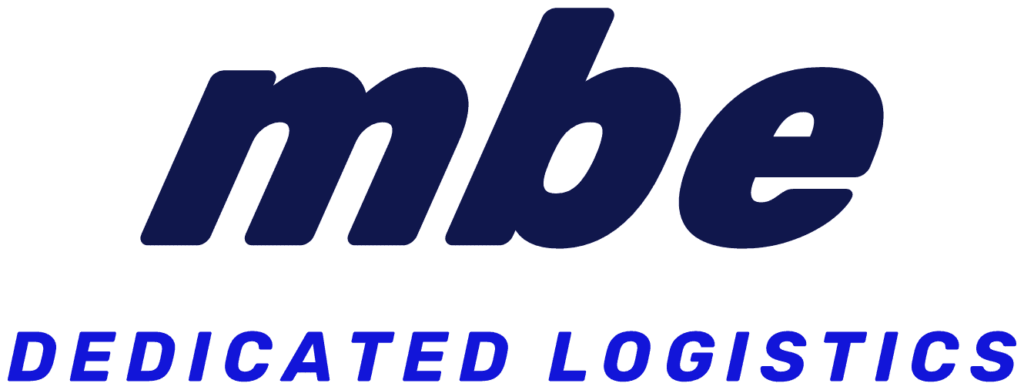Trudeau’s Carbon Tax: How Much Will It Affect Your Logistics Expenses in 2025?
Trudeau’s Carbon Tax: How Much Will It Affect Your Logistics Expenses in 2025?
March 14, 2025
As Prime Minister Justin Trudeau’s carbon tax climbs to $95 per tonne on April 1, 2025—up from $80 per tonne in 2024—businesses across the Greater Toronto Area (GTA) are facing a new layer of financial pressure. For companies relying on transportation, warehousing, and supply chain logistics, this increase isn’t just a policy footnote; it’s a direct hit to your bottom line. At MBE Dedicated Logistics, our mission is to optimize dedicated transportation systems in the supply chain through ethical and dependable partnerships. Here’s how the carbon tax will affect your logistical expenses—and how we’re here to help you navigate the rising costs with transparency and reliability.
The Carbon Tax Climb: What’s Changing in 2025?
Trudeau’s carbon pricing framework, part of Canada’s commitment to the Paris Agreement, levies a fee on fossil fuels like gasoline, diesel, and natural gas. The 2025 hike to $95 per tonne translates to real increases at the pump and beyond:
- Gasoline: Up to 21 cents per litre (from 17 cents in 2024).
- Diesel: Up to 25 cents per litre (from 21 cents), critical for trucking fleets.
- Natural Gas: Up to 18 cents per cubic metre, impacting warehouse heating.
This isn’t the endgame—by 2030, the tax is slated to reach $170 per tonne, promising steeper costs ahead. For GTA businesses, where logistics is the backbone of operations, these numbers aren’t abstract; they’re fuel surcharges, heating bills, and delivery fees that ripple through your supply chain.
How Much Will It Cost Your Logistics?
The Parliamentary Budget Officer (PBO) estimates that the carbon tax will cost the average Canadian household between $133 and $477 in 2025-26, even after rebates. But for businesses—especially those in manufacturing, distribution, or retail—the impact is magnified:
- Trucking Costs: A typical GTA-based truck hauling goods locally might burn 100 litres of diesel daily. At 25 cents per litre, that’s an extra $25 per day—or $6,500 annually per truck. For a small fleet of five trucks, you’re looking at $32,500 in added expenses.
- Warehousing: Heating a mid-sized GTA warehouse with natural gas could see costs rise by hundreds monthly, depending on size and usage. The PBO notes industrial users don’t get household rebates, so these costs stick.
- Supply Chain Pass-Through: Suppliers and distributors hit by the tax will pass increases to you. Posts on X suggest food transport costs could rise 15% or more when combined with other pressures like currency fluctuations—amplified by carbon tax hikes.
The Canadian Taxpayers Federation warns that by 2030, the carbon tax could add $4 billion to nationwide trucking costs alone. For GTA businesses, where proximity to suppliers doesn’t eliminate fuel dependency, these expenses erode margins fast.
The Hidden Sting: No Relief in Sight
Unlike households, businesses don’t receive direct carbon tax rebates unless they qualify for specific small-business credits (e.g., the $2.5 billion proposed in Budget 2024 for 2019-24 proceeds). Even then, the relief is delayed and partial. Add Trudeau’s April 1 increase to 21 cents per litre of gasoline—plus a 2% alcohol tax hike and payroll tax bumps—and 2025 shapes up as a costly year. The Fraser Institute notes that federal tax policy, including carbon pricing, is set to further strain economic productivity, with no immediate respite for logistics-heavy firms.
MBE Dedicated Logistics: Optimizing Your Response
At MBE Dedicated Logistics, we’re not here to lament the carbon tax—we’re here to optimize your transportation systems around it. Our Tariff Assistance Solutions evolve into carbon tax strategies, rooted in ethical practices and dependable partnerships:
- Fuel-Efficient Optimization: Our logistics management fine-tunes routes and consolidates shipments, cutting fuel use across our same-day, next-day, and rush courier/freight services. Less diesel burned means lower carbon tax exposure.
- Transparent Cost Control: We provide clear breakdowns of fuel surcharges, ensuring you’re never blindsided by rising expenses. Ethical pricing is our promise—no hidden fees, just dependable support.
- Warehousing Efficiency: Our GTA facilities offer flexible storage to buffer against supplier price hikes, with energy-smart heating to minimize natural gas costs.
- Nationwide Readiness: This summer, our LTL and FTL expansion will connect you to Canada-wide markets, optimizing long-haul efficiency as carbon costs climb.
A Partnership for Tough Times
Trudeau’s carbon tax isn’t going away—projections show it hitting $170 per tonne by 2030, with diesel at 41 cents per litre. While Conservatives push to “axe the tax” ahead of the 2025 election, GTA businesses need solutions now. The PBO predicts a $7.1 billion federal deficit increase by 2030-31 due to carbon pricing’s economic drag—proof this policy’s weight isn’t theoretical.
MBE Dedicated Logistics turns that weight into opportunity. We optimize your supply chain with GTA-honed expertise, ensuring every dollar spent on logistics delivers maximum value. Our dependable partnership means you’re not facing these costs alone—whether it’s a rush delivery or a nationwide rollout. Contact us today to see how we can offset your 2025 carbon tax hit with ethical, efficient solutions. Let’s keep your business moving, no matter the climate.

